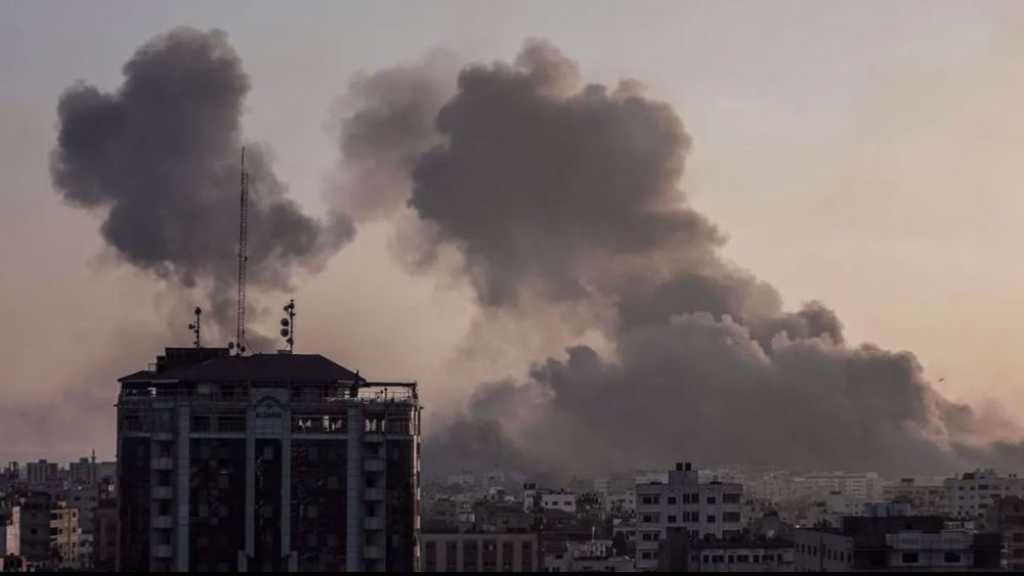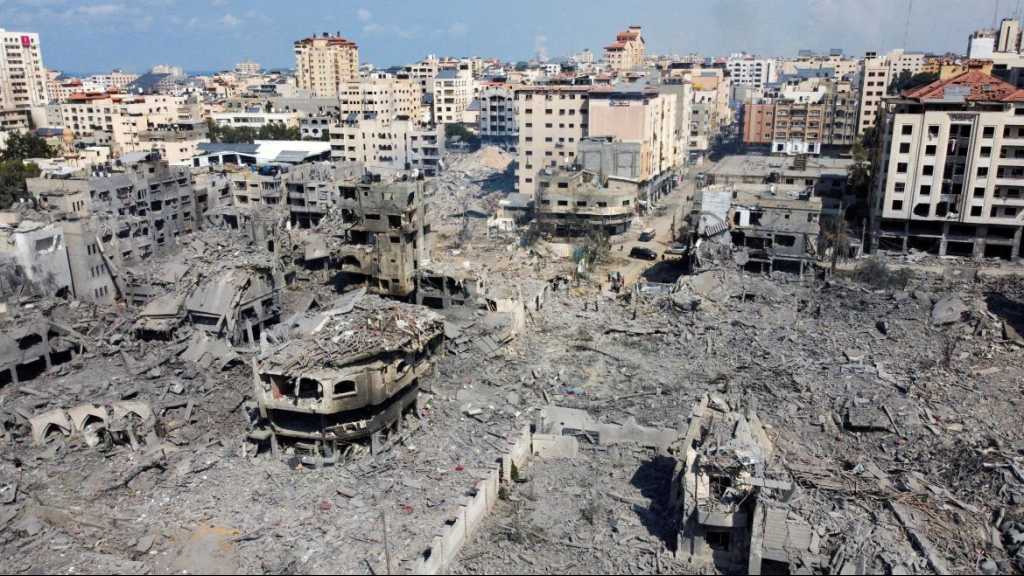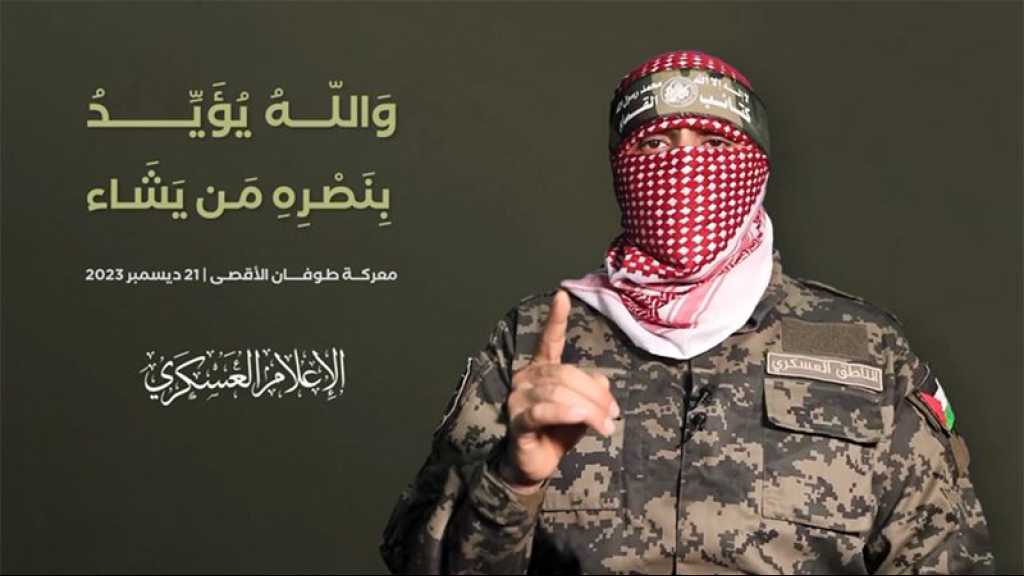
Will Realignment In The Middle East Lead To Rare Stability Or An Eruption?
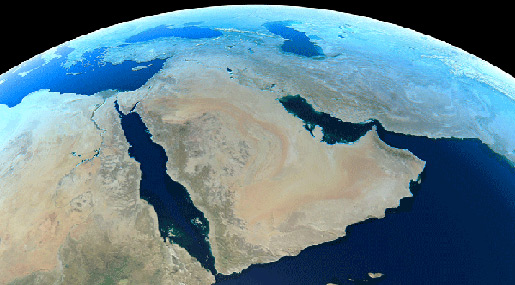
Local Editor
Lebanon's newest political crisis began during a routine lunch in Beirut on Nov. 3, when Prime Minister Saad Hariri was playing host to a visiting French dignitary. Partway through the meal he received a phone call. He vanished shortly thereafter, only to resurface hours later in Riyadh, the Saudi capital. He had apparently told no one he was leaving the country.
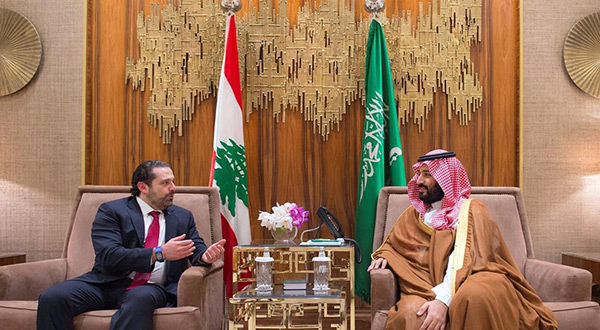
The next day, the crisis deepened when, to the utter bafflement of the Lebanese people and every Member of Parliament, their popular prime minister - the Sunni Muslim leader of a year-old unity government - used a Saudi TV appearance to announce his resignation. The Lebanese assumed the Saudis had forced him to quit. Lebanon suffered a collective anxiety attack. Prime ministers normally don't resign on foreign soil.
Was cursed Lebanon, a small Muslim-Christian country that was already in the middle of a power struggle between Iran and Saudi Arabia, once again marked for tragedy - one that could envelop the entire Middle East?
"Any war in Lebanon would not be limited to Lebanon, for sure," said Kamel Wazne, a political and economics analyst in Beirut. "It would have the potential to explode into a regional war."
Lebanon has routinely been a flashpoint for Middle East violence - civil and regional wars, assassinations, terror attacks, foreign occupations. With Hariri's resignation, the omens did not look good, all the more so since the new Saudi Crown Prince, Mohammed bin Salman, was accusing Hezbollah and Iran of stoking the war in Yemen on Saudi Arabia's southern flank.
Not only has the crisis in Lebanon been defused - at least temporarily - the rest of the Middle East is undergoing a realignment, one that holds the potential to promote a rare bout of regional stability but could very well do the opposite as Iran and Saudi Arabia play their geopolitical zero-sum game, where one country's gain is considered the other country's loss. If the Middle East were to erupt in a shooting war for regional power, Lebanon would no doubt be caught in the middle. It could even be at the center of the eruption, as it was in 2006, when the "Israeli" entity invaded southern Lebanon in an ultimately failed effort to rid it of Hezbollah.
The wild card is Saudi Arabia's Crown Prince Mohammed, the young, impetuous, inexperienced - yet all-powerful - heir to the throne, and there is no doubt he is in a bad mood.
Militias backed by Saudi Arabia in Syria have been fighting a losing battle against Syrian President Bashar al-Assad, whose campaigns against the armed groups and the Wahhabi Daesh [Arabic acronym for "ISIS" / "ISIL"] are supported by Russia, Iran and Hezbollah. Hezbollah has been instrumental in Daesh's retreat from Syria.
The Saudis' war against the Yemeni Ansarullah was supposed to result in a quick, clean victory for the kingdom and its formidable air force. Instead, the war has dragged on for more than two years, turning into the world's ugliest humanitarian crisis. Meanwhile, the Saudi blockade of Qatar, the Gulf state the Saudis consider overly friendly to Iran, has neither crippled the Qatari economy nor forced it to bend to Saudi Arabia's demands, which include shutting the Al-Jazeera news channel. If anything, the blockade has pushed Qatar closer to Iran.
So far, it looks like Prince Mohammed is zero for three in the Middle East geopolitical arena - Syria, Yemen and Qatar are all going against him. Of the three, Syria and Yemen are the biggies. At least no one is firing bullets inside Qatar or at it.
What would make Prince Mohammed happy? Putting aside a successful outcome for his massive economic fix-it job inside Saudi Arabia - where low oil prices have punched gaping holes in the national budget - he has made it abundantly clear that he wants Hezbollah to end its foreign adventures. Hariri, as leader of the pro-Saudi Future Movement party, supports the Prince's demands.
The question is whether Hezbollah will comply. If it does, even partly, tensions would drop in the Middle East and Lebanon might be spared upheaval. It is widely believed in Lebanon that Hariri was, in effect, detained by the Saudis because they believed his unity coalition government had provided too much cover for Hezbollah, which directly or indirectly controls 17 of the government's 30 cabinet seats.
There are tentative signs that Hezbollah, led by its SG His Eminence Sayyed Hassan Nasrallah, is willing to negotiate. "Hezbollah is more relaxed about negotiating with Hariri about suspending or withdrawing military operations outside the country,"Wazne said.
Maybe that's because Hezbollah has been on the winning side of the battles against Daesh. In a televised address Monday, the day before Hariri returned to Lebanon after an absence of almost three weeks, Sayyed Nasrallah said he was willing to pull his forces from Iraq, after Daesh lost control of its last urban stronghold in the country. "We consider that the mission has been accomplished, but we are waiting for the final, Iraqi announcement of victory," he said.
At the same time, Hezbollah's support for Hariri, his unity government and Lebanese stability suggests it is not bucking for a war with anyone, even its nemesis "Israel".
Note that the kingdom has been courting Trump, whose first foreign visit as President was made to Saudi Arabia, and is reportedly courting "Israel" in its anti-Iran and anti-Hezbollah campaign. Earlier this month, an "Israeli" cabinet minister said the entity had had covert meetings with Saudi Arabia, which has no official diplomatic relations with "Israel".
To preserve his job and prevent Lebanon from being drawn into a potentially ruinous crisis, Hariri, in effect, has to act as Prince Mohammed's anti-Hezbollah agent. He has no choice but to push Hezbollah to wind down its foreign missions.
The calming of nerves in Lebanon since the return of Hariri from Saudi Arabia is an encouraging sign. But in the Middle East, such signs often prove fleeting.
Source: The Globe and Mail, Edited by website team
